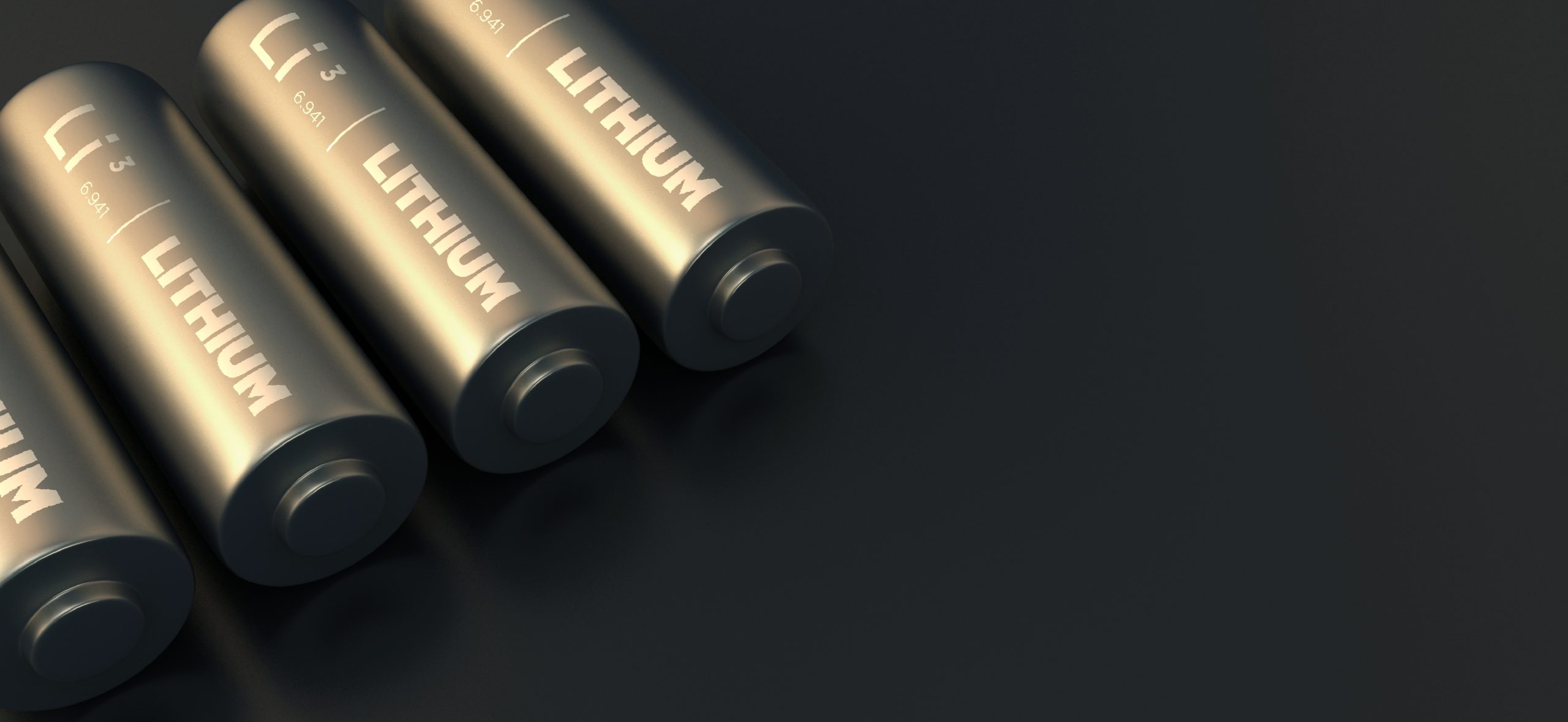The future of energy storage and electric mobility hinges on the advancements in lithium-ion battery technology. As the world continues to embrace sustainable practices, the demand for high-performance and environmentally friendly batteries is on the rise.
In a recent report titled “Battery 2030: Resilient, Sustainable, and Circular,” global management consulting firm McKinsey has shed light on the remarkable growth and potential of lithium-ion batteries by forecasting their demand and unveiling a roadmap towards a resilient, sustainable, and circular battery ecosystemy.
Unveiling the McKinsey Report
The McKinsey report delves into the transformative potential of lithium-ion batteries and their crucial role in reshaping industries such as automotive, energy storage, and consumer electronics. The comprehensive study draws insights from interviews with industry experts, extensive market analysis, and a keen understanding of the evolving global landscape.
Key Findings and Forecast for 2030
- Soaring Demand: The report predicts a significant surge in lithium-ion battery demand, with estimates projecting an annual growth rate of 25 to 30 percent through 2030. This rapid acceleration is primarily driven by the expanding electric vehicle (EV) market, the need for energy storage systems to support renewable energy integration, and the growing demand for portable electronic devices.
- EV Revolution: As governments worldwide set ambitious targets to decarbonize transportation, electric vehicles are expected to witness exponential growth. McKinsey forecasts that by 2030, EVs will capture more than 50 percent of new passenger vehicle sales globally. This demand will require substantial investments in battery production capacity, charging infrastructure, and sustainable mining practices for raw materials.
- Energy Storage: With the increasing penetration of renewable energy sources, energy storage systems will play a pivotal role in balancing supply and demand. McKinsey projects that the global demand for stationary energy storage will quadruple by 2030, with lithium-ion batteries emerging as the preferred technology due to their scalability, efficiency, and declining costs.
- Circular Economy: Recognizing the need for sustainable and responsible practices, McKinsey’s report emphasizes the importance of a circular battery economy. It highlights the significance of improving battery lifespan, promoting recycling initiatives, and implementing strategies for the efficient use of resources. The adoption of circular practices can not only mitigate environmental impact but also create new business opportunities.
Challenges and Opportunities
While the forecast for lithium-ion battery demand is promising, the industry faces certain challenges. McKinsey’s report identifies key areas of focus that need to be addressed to meet the rising demand sustainably. These include raw material availability, energy-intensive manufacturing processes, ethical sourcing, recycling infrastructure, and innovation in battery chemistries.
The roadmap to a resilient, sustainable, and circular battery ecosystem proposed in the report provides opportunities for collaboration between governments, businesses, and research institutions. McKinsey encourages stakeholders to foster innovation, invest in research and development, and create policies that support a clean and efficient battery value chain.
THE BOTTOM LINE
As the world races towards a sustainable future, the demand for lithium-ion batteries is set to soar in the coming years.
McKinsey’s report offers invaluable insights into the evolving landscape of battery technology, emphasizing the need for resilience, sustainability, and circularity. With the right strategies and collaborations, the battery industry can drive the energy transition, enable the mass adoption of electric vehicles, and revolutionize the way we store and consume energy.
The Battery 2030 forecast serves as a guiding light, inspiring stakeholders to seize the opportunities and shape a greener future powered by advanced lithium-ion batteries.

